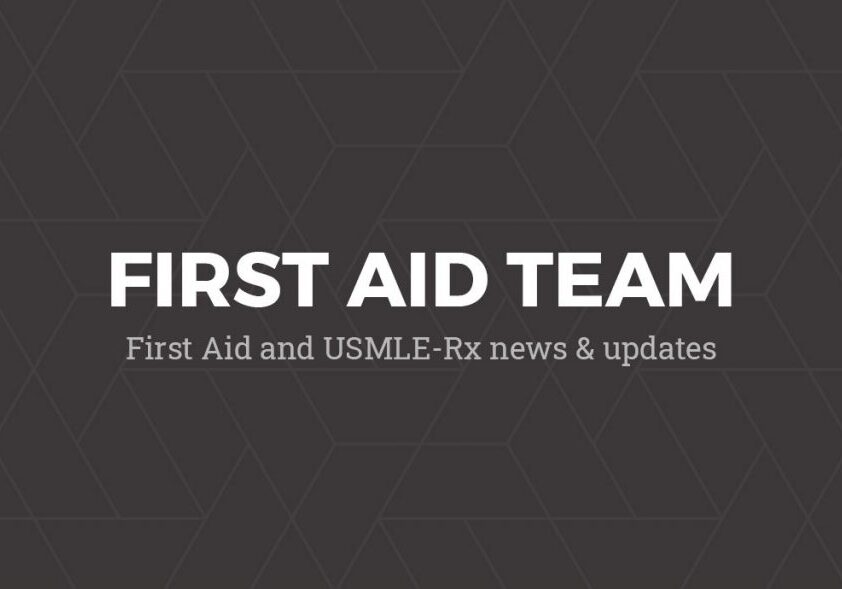Jocelyn Compton
In a previous post called Getting The Most Out of Your Research Experience, we presented a few points of advice on how to optimize research. We think that research is a great way to enhance your academic profile and improve your effectiveness as a resident and practicing physician. Once you’ve figured out the kind of research you are interested in (see previous post), and have narrowed down your options to a few mentors, these few pieces of advice may be helpful to you in making the final decision!
Interview, interview, interview.
Talking with a research mentor is a great start, but the most important people to talk to are the grad students, lab techs, post docs, clinical research coordinators, or anyone else who is in the thick of daily lab functioning. You can be smart independently, but you can be brilliant with good allies. Who will help you get your feet under you when you are first starting out? Who will help you acquire skills? What is a typical day like in the lab? What is the atmosphere of the lab? Will these be friends that you go to happy hour with, or professional colleagues? Again, know thyself and thy needs.
Find out how the prospective mentor intends to support you.
Mentors are available to support you in a variety of ways. Some mentors will be interested in supporting you throughout your career, into residency, as an attending, and as a fellow researcher. Some will even send you to local and national meetings to help you establish your name in a certain field. Other mentors will be interested in supporting you for a summer project with the intention of writing a letter of recommendation. Consider these options when deciding on a mentor, since you can imagine how a mismatch could be unappealing to both parties. This feeds back onto point one, know thyself and thy goals.
This concept brings up another point that I think is important when selecting a mentor. Be forthcoming about your personal needs. Whether it is getting paid, flexible hours, or authorship on a paper, it is really important that you communicate these goals with your future mentor (well…maybe not if you’re just looking to get paid…). Setting expectations and goals together as well as realizing what is possible, will make your research experience much smoother and enjoyable!
Get a great letter of recommendation.
Garnering a letter of recommendation harkens back to the issue of mentor support. If your application will require a strong letter of recommendation about your potential as a researcher, then you may want to consider your mentor selection with a touch more strategy. For competitive specialties, a great letter from a well-established researcher will carry more weight. However, be sure that the mentor will have time to get to know you as a person and give you opportunities to shine. A letter of recommendation that regurgitates your CV and personal statement is nearly meaningless no matter who signs it.
Here, every medical student must strike a balance. Well-established mentors are more likely to be busy and will be less interested in your personality and more invested in your productivity. Additionally, many of us feel anxiety when working for a big-name researcher. It’ll be important to assess the mentor’s commitment to medical students, as well as the experience of medical students who did research with this mentor in the past.
Good luck out there! Utilize all the resources at your disposal when picking your research mentor. Research, apart from advancing science, is an opportunity to shine as an independent investigator.

